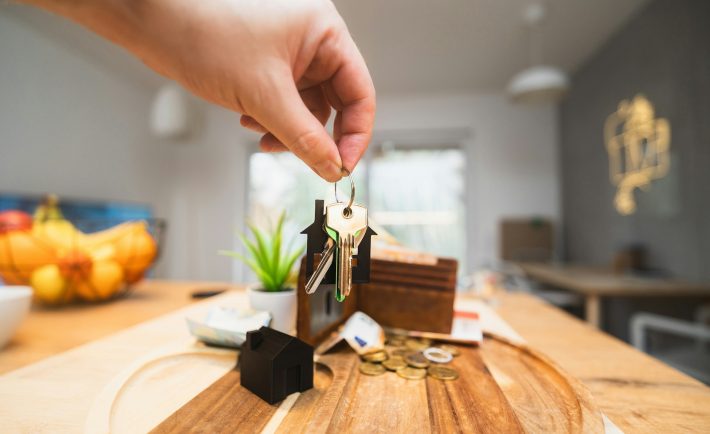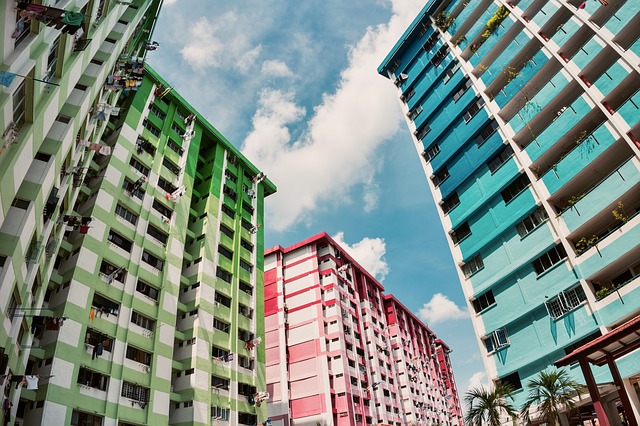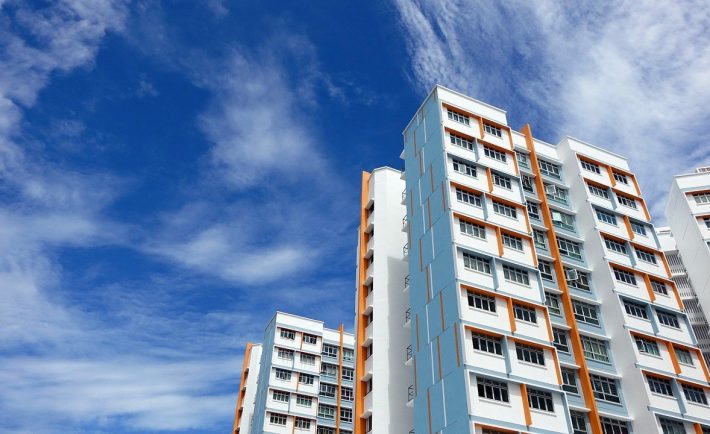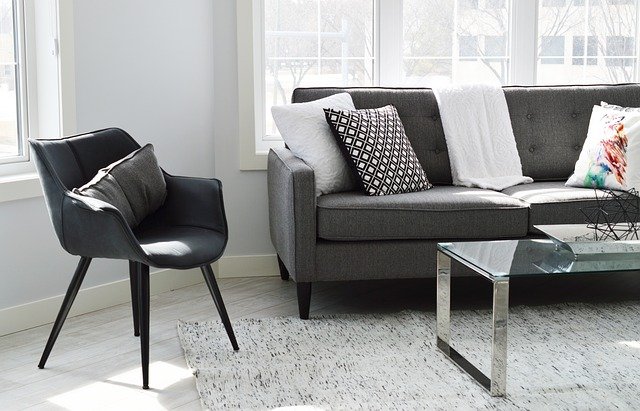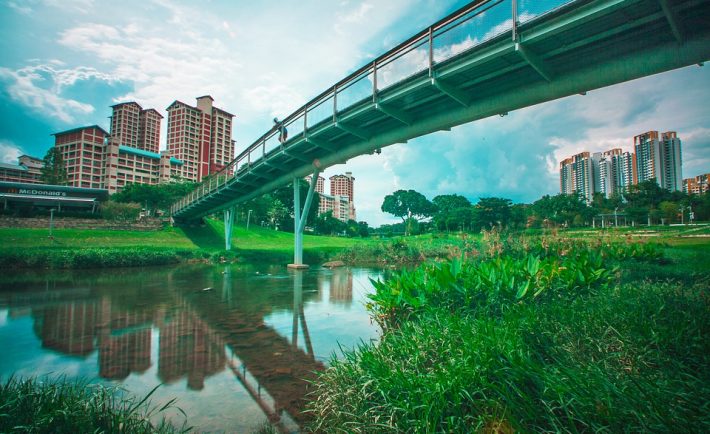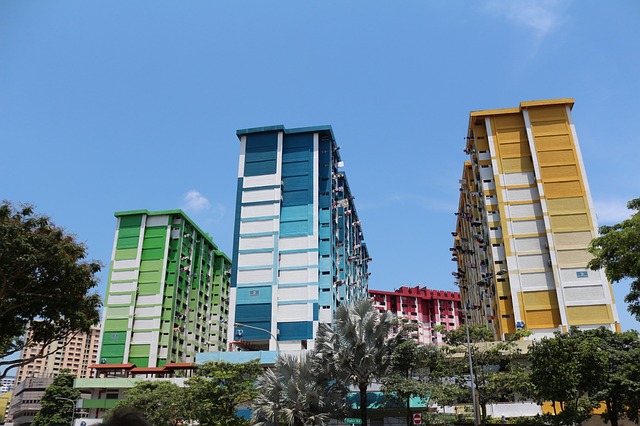Moving out is a significant milestone for many young Singaporeans. While living with parents until you’re financially stable is common in Asian cultures, there comes a time when independence is the goal. But how do you know if you’re truly ready? Well, consider these five signs that you’re financially prepared to live independently in Singapore.
#1: YOU CAN AFFORD THE COSTS OF MOVING OUT
Rent will likely be your largest monthly expense. In Singapore, renting a room or flat is common for singles under 35, unless family support helps secure a private apartment. Apart from rent, consider other costs like furniture, food, transportation, and household bills. Location, size, and proximity to amenities will affect rental prices, so ensure you can comfortably manage these costs before making the leap.
HDB flats are typically more affordable but come with eligibility criteria and waiting periods. Private condominiums offer more flexibility but at a higher cost. Understanding the differences will help you make the right choice.
#2: YOU HAVE AN EMERGENCY FUND
Unexpected expenses, like medical bills or home repairs, are inevitable. Having an emergency fund, ideally three to six months’ worth of living expenses, provides financial stability during tough times. If you haven’t built your emergency fund yet, focus on saving before considering independent living.
#3: YOU CAN PAY YOUR BILLS ON TIME
Paying bills promptly is a key sign of financial stability. If you consistently meet your obligations, it shows you’re managing your finances well. Struggling to pay bills or delaying payments? You may need to improve your budgeting skills before moving out. Consider reducing non-essential spending or finding ways to increase your income.
#4: YOUR NET WORTH IS GROWING

Image Credits: unsplash.com
Financial stability means having extra funds to save and invest. If you’re growing your net worth through investments in stocks, real estate, or other assets and side hustles, you’re on the right track. Even small increases in your net worth show that you’re financially responsible and ready for the added costs of independent living.
#5: YOU ARE EMOTIONALLY READY TO MOVE OUT
Moving out is not just a financial decision…it also requires emotional readiness. Independent living involves managing your own household, cooking, cleaning, and solving problems on your own. If you feel confident in your ability to handle these tasks, it’s a good sign you’re prepared for this next step in life.
IN A NUTSHELL
Living independently comes with both perks and responsibilities. Assess your new financial obligations, such as contributing to your parents’ allowance or paying for insurance, and plan your budget accordingly. Additionally, consider the emotional impact on your family dynamics. Moving out can change your relationship with your parents, so make sure you’re ready for this transition.
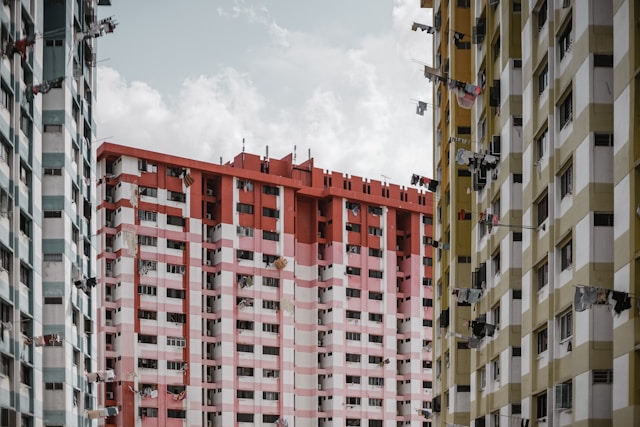
Image Credits: unsplash.com
Take your time to plan and ensure that when you do move out, you’re doing so with confidence and security.

